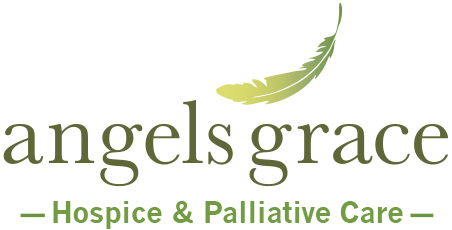You’ve been battling Renal Disease for some time now. You’ve observed increase swelling in your extremities. You’re having difficulty breathing, your heart rate has been irregular and your blood pressure has been elevated just to name a few of the changes you’re experiencing. You update your doctor with some of your concerns, he would like to gather some additional information to see where things stand and order some diagnostic test.
After a long day of testing and being poked and prodded, you are scheduled for a return appointment to review your diagnostic results.
You return for your follow up appointment and your doctor enters the room with a folder housing your test results, he sits down and begins to review the results. After reviewing the results, he looks at you and says, “I’m sorry, there is nothing else we can do…you are in End Stage Renal Failure”.
You don’t understand; you want to know how he came to this conclusion and what does this mean for you!
Your doctor recommends hospice, he informs you that according to your diagnostic results, your body is no longer benefiting from the dialysis. He then begins to educate you on the hospice criteria for End Stage Renal Disease and explains that you have additional comorbidities that help to support his recommendation for hospice care.
You want to know what is hospice and what will it do for you?
He explains hospice is a form of healthcare that caters to the terminally ill patient & their family by providing pain & symptom management with a goal of helping to improve your quality of life. Hospice also supports the emotional and spiritual needs of the patient and their family at the end of life.
As your doctor reviews the signs of End Stage Renal Disease, you realize you are currently experiencing several of the symptoms.
- Swelling of feet and ankles
- Sleep problems
- Persistent itching
- Vomiting
- Nausea
- Muscle twitches and cramps
- Loss of appetite
- Fatigue and weakness
- Changes in how much you urinate
- Decreased mental sharpness
- High blood pressure (hypertension) that’s difficult to control
- Chest pain, caused by fluid building up around the lining of the heart
- Shortness of breath, caused by fluid building up in the lungs
Your doctor then reviews the hospice criteria for end stage renal disease. After listening to your test results and the reviewing the criteria, you now understanding the reason for your doctor’s recommendation.
- The patient is not seeking dialysis or renal transplant, is discontinuing dialysis or dialysis is no longer an option & has a 6 months or less prognosis.
- Creatinine clearance < 15 cc/min for diabetics);
- (< 15cc/min (< 20cc/min for diabetics) with comorbidity of congestive heart failure
- Serum creatinine > 8.0 mg/dl
- (>6.0 mg/dl for diabetics)
- Signs and symptoms of renal failure:
- Uremia;
- Oliguria (<400 cc/24 hours);
- Intractable hyperkalemia (>7.0) not responsive to treatment;
- Uremic pericarditis;
- Hepatorenal syndrome;
- Intractable fluid overload, not responsive to treatment.
- Estimated glomerular filtration rate (GFR) <10ml/min
- Comorbid conditions:
- Mechanical ventilation;
- Malignancy (other organ system);
- Chronic lung disease;
- Advanced cardiac disease;
- Advanced liver disease;
- Sepsis;
- Immunosuppression/AIDS;
- Albumin <3.5 gm/dl;
- Cachexia;
- Platelet count <25,000;
- Disseminated intravascular coagulation;
- Gastrointestinal bleeding.
Choosing hospice is not “giving up on life”, choosing hospice is “giving you quality of life”!
After you’ve had time to process all of the information and think about your doctor’s recommendation, remember hospice has a whole team ready and willing to help you navigate this new journey.


